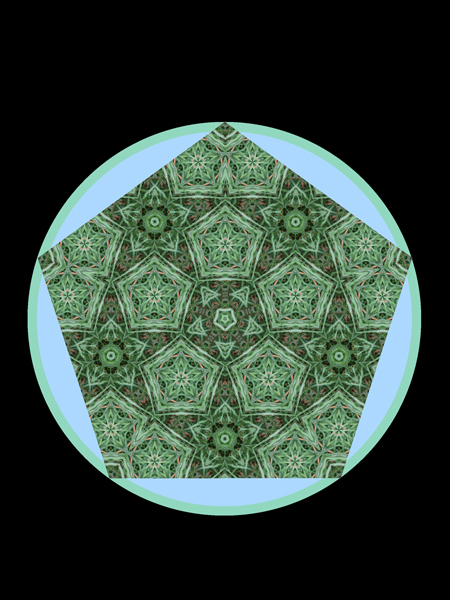Reality and Actuality
One of the things I've noticed as I practice philosophy is that the language we use and how we use it is quite important. That language all by itself can cause lots of confusion.
Well DUHHH!!! :-)
There are many dimensions to that but one that has always caught my attention is how in language we can use the same word in very different contexts. In one context a word means one thing and in another it means a different thing (sometimes contradictory). We are used to this in ordinary communication but in philosophy it causes lots of problems.
What is real? Is a rock real? Is a number real? Are my feelings real? And we are forced to by language and habit to say that of course numbers and feelings are real. But then - real in what way? Numbers are universal in that two always means two, but is that real like a rock is real? Are feelings real like a rock is real?
I'd say no and that it causes confusion when we use the same term for things that are so different. One of the historical ways of dealing with this has been to postulate different planes of reality. Rocks exist on a physical plane and numbers on some other sort of plane. But rocks and numbers are very different - if we say rocks exist does it make sense to say that numbers share the property of existence? I suggest that this habit is wrong and leads to confusion. We can't talk about numbers sharing the property of existence with rocks unless we stretch the idea of existence way out of shape.
The existence of a rock is quite simple - there it is. As Johnson noted long ago you can kick it and you will hurt your toe and move the rock. You can take it away so it doesn't exist here. You can reduce it to dust so it doesn't exist as a rock. You can't kick numbers. You can't take numbers away. You can't make a number not exist. So why do we label such different concepts with the same word? And why do we labor to find what those very different concepts have in common since we have the habit of labelling with the same word - real. Is that habit so important?
Perhaps we could turn to another word to categorize numbers - they are actual. Real and actual are often treated as synonyms but they can easily be seen to be different. We tend to apply them in different situations. I say that a rock is real, but that I actually prefer chocolate icecream to vanilla.
Here's how I'd distinguish these terms. Real refers to physical reality and all it's implications. This encompasses everything from atoms and stars to life and cognition. Actual refers to situations and all their implications. The number two is not a real thing - it's actually the implications that flow from a situation of having one thing and another thing taken in isolation from all other things. It works for things that are physical of course - one can place two rocks on a lawn. But it also works for things that are not physical - like 1+1
Consider something actual like love in this context. If your love says to you really love me? You are in trouble because as Hume showed long ago you can't prove anything about reality and proof is what is being demanded. But my love knows I actually love her. It's one of the implications that flows from the situation of us having gotten along so well for so long and gone through so much together.
Consider a famous universal - whiteness. Russell tells us that "The word [whitess] will be applicable to a number of particular things because they all participate in a common nature or essence." This comes from Plato and I have always thought it was it was nonsense. Snowballs and whitewashed fences do not participate in anything. Participation is something that creatures with cognitive abilities do - not snowballs or fences. Rather we can say that these things that each reflect all of the light back that falls on them are actually white. And those things that don't reflect or emit any light at all are actually black. Reflecting light or not is not something that things do - it's what actually happens in the situation.
An important point here is that I'm using situation in a very abstract way here. Physical reality is a situation. But so is the system of math or arithmetic. Sometimes, or even often, the abstract situation of a physical system is actually the same as the abstract situation of a mathematical system. In lucky cases like that then we can use the mathematical situation as a model of the physical system. But note - I'm not talking about any sort of connection between the math and the physics beyond the circumstance of them sharing the same abstract situation.
OK - at this point people are thinking what makes the abstract situations the same? Aren't they the same on some other level of reality? And I say not so. It is actual. We don't make up actuality any more than we make up reality - we learn from experience as we go.

Grass